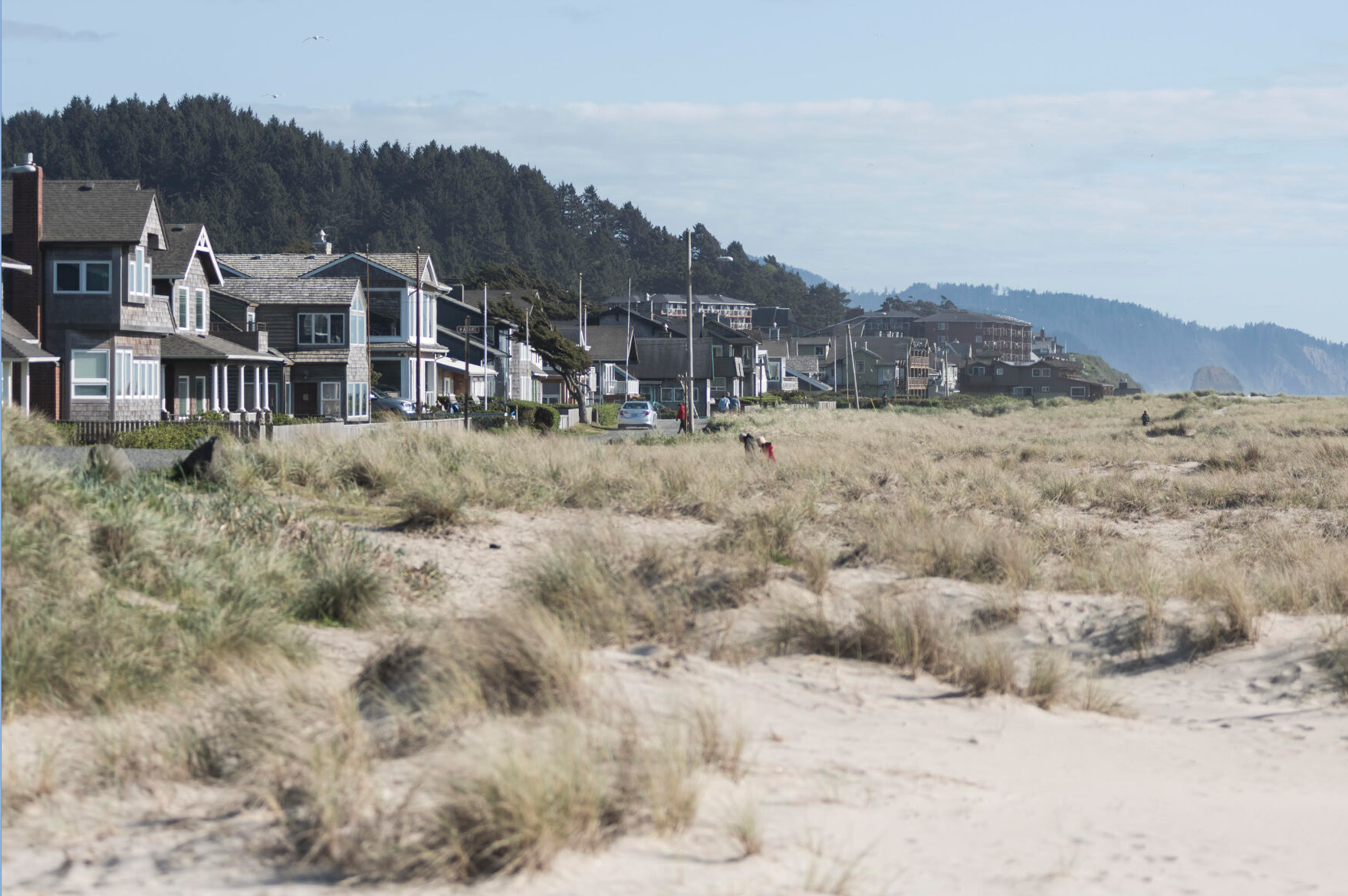Being Brian Doyle
Published 4:00 pm Wednesday, January 26, 2011
Good reading draws us into a writers mind, surrounding us with their perceptions and imagination. Inside we naturally want to explore our captivation, to deepen and expand our connection with their world. Looking to the writer as guide can challenge our usual bearings, like asking the Cheshire Cat for directions around Winesburg, Ohio.
Trending
When Brian Doyle was asked by the New York Times how he feels about the way his seven books of non-fiction are classified, he responded:
Oh gawd, this is hilarious, I love where my books are they are filed everywhere, as spirituality, Americana, Catholic Studies, medical, food, Northwest Regional and, most entertainingly for me, Mens Studies, as if I knew anything about being a man.
As if? Who is this guy?
Trending
Im pretty sure Ive sold Doyles work in my second-hand bookcave. He was first recommended to me by another writer who visits on occasion — Gabriel Boehmer, author of City of Readers: The Book Lovers Guide to Portland. I read a few of Doyles essays and heard part of an OPB interview about Mink River, his premier novel published last Fall that is set in a village on the Oregon Coast.
Aside from that, though, I didnt know Doyle from Adam before attending his reading one rainy winter evening in Manzanita. What I witnessed gave a glimpse of why the Hoffman Center was packed with writers and readers, despite the downpour.
Standing at the edge of the stage while he was being introduced, Doyle swayed from foot to foot like a child who really needs to pee (he continued doing this during much of his reading). When his literary laurels were mentioned he cocked his eyebrows and stuck out his tongue, the first signal of a cut-up who might just as soon run outside and play in the puddles.
Taking the microphone he said I feel like Oprah Winfrey with this thing; then he proceeded to do things Ms. Winfrey would never-never do for fear of breaking the rules of fashionable engagement.
Doyle read so fast I could barely keep up, sprinting through long scenic sentences that would take several slow readings for me to fully appreciate. His diction called to mind the streets of New York more than the halls of Portland University (where he edits Portland Magazine). His voice bounced from the low register up close to falsetto, like a goofball dad reading to kids. Except there seemed to be no children in the damp graying crowd of coastal beings who were listening.
Of course, looks can fool.
Afterwards I overheard a woman say: hes got that Scooby Doo thing down. Like, agreed, and the Shaggy thing too. Yet Doyles quasi cartoon style contrasted with his immensely sane and often somber material. So much so, in fact, that it quickly became clear he was being himself and not just clowning.
One of the first pieces Doyle read was a poem for Christina Green, the 9-year-old girl murdered by a deranged gunman in Tucson one-week prior. He cried through much of it, and many of the pieces that followed. He relayed stories like prayers people asked him to put on paper — of what it feels like to send a child off to college, or be a young person returning from war.
The greatest line ever written in this state came from William Stafford, said Doyle. Violence is a failure of the imagination.
That was his rapid lead-in to a recap of a conversation he had with a young veteran on the grass at Portland University.
I wonder sometimes how Im going to get back to thinking, said the soldier-turned-student to Doyle. The fact is wars kill words, but no one talks about thatyoure a writer, why dont you write about that?!
Doyles papers often shook as he testified. At times it looked like the ghost of a big gospel preacher had squeezed into the body of a trim itinerant scribe.
Yet, between readings he downplayed his ardor, moving on as promptly as someone might change the subject after receiving too much attention at a dinner party.
Ham-handedly I took notes, at one point jotting down my observation of his torrent of attention to detail moments before Doyle said torrent of words and the rain pounded loudly on the Hoffman Centers roof.
(The next phrase in quotes in my notepad are Saints all around us. I think he was reading a section about a stream in his new novel, but now Im not sure.)
For 60 minutes I watched an extraordinary readers theater. Doyles performance art carried me somewhere I didnt expect to go, to a place where men care deeply about life and lifes stories while refusing to take our selves too seriously.
Who do you write for? asked an audience member during the talk-back segment of the show.
I guess I write sort of for the possibility of connective joy, said Doyle, and the rest of his response was confined to brief clips in my notes. Almost desperately to connectGet out of the prison of my dignityIts not mere catharsisFor everybody, especially for kids.
Youre probably the most emotional writer Ive seen on stage, said a man down near the front. Does that emotion get in the way?
Thats actually a piercing question, said Doyle in a receptive tone. Lifes short. We might as well try to be naked.
I bought a copy of Mink River, and he inscribed it with laughter and prayers. The new novel was billed as the centerpiece of Doyles reading, but he only shared a couple of passages. What Ive read so far is crazy damn good.
But thats not what provoked me to delve deeper into Doyle and look for more of his writing in area bookstores. It was the man himself.
While casting about for his essays I spoke with Cami Gates, who works at the Cannon Beach Book Company when shes not wowing audiences at the Coaster Theatre. Gates said she has attended two of Doyles readings.
What do you think? I asked, interested in her insights as both a reader and a performer.
The actor paused for a moment to choose the right words.
Hes nuts, she said, frank and beautiful. Neurotic. Weird. I just love him.
Me too.
Watt Childress runs an asylum for readers and storytellers in downtown Cannon Beach. Stop by and visit him at Jupiters Rare & Used Books, or email him at wattchildress@yahoo.com.









